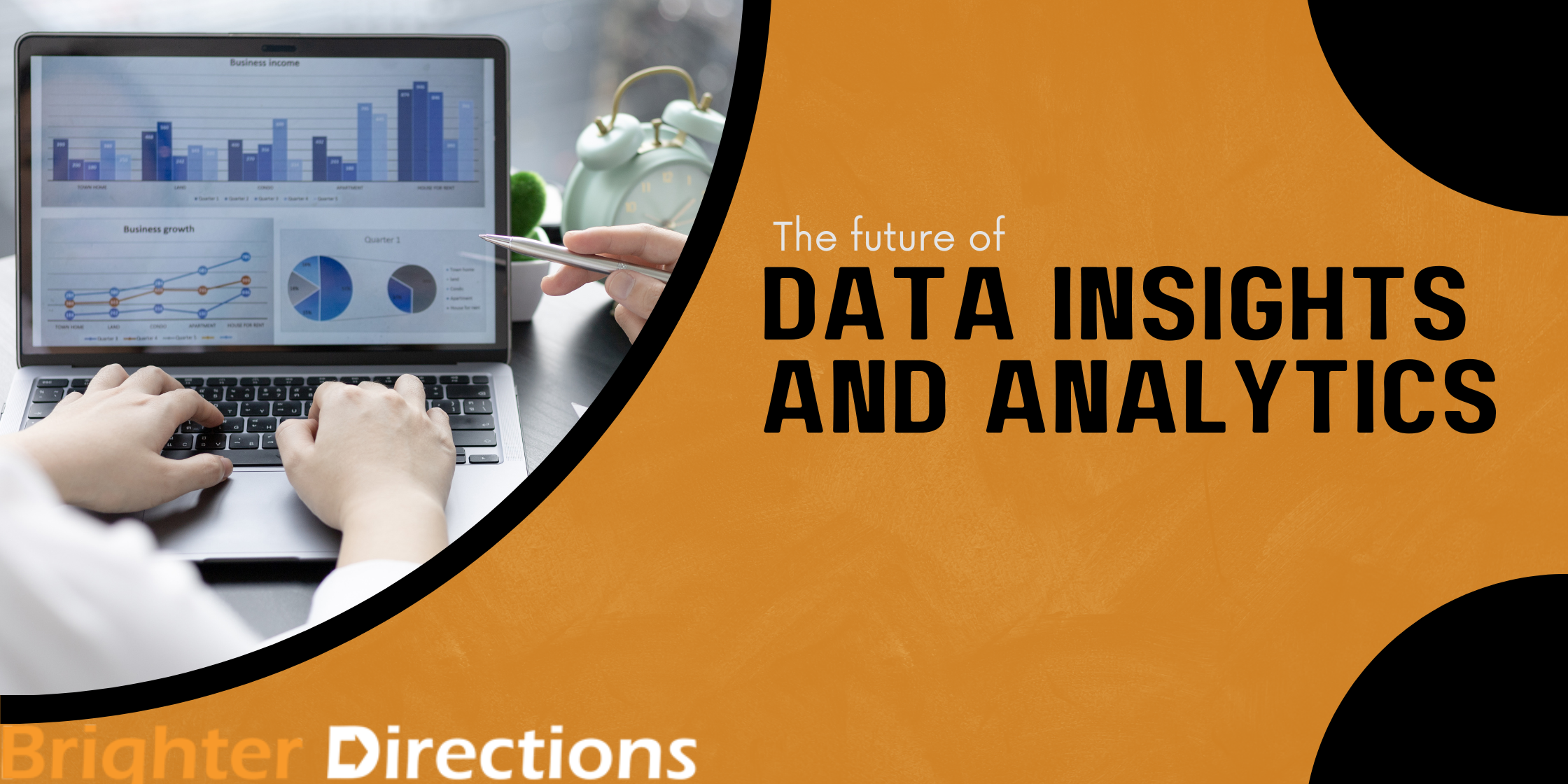Whether you’re a business owner or marketer, data analytics are key to learn about customer habits with target precision. This data includes, but is not limited to, from their favourite TV shows to what time they nap or take out the dog. To compete in today’s marketplace, understanding your customer and their preferences is essential. Nonetheless when collecting massive amount of data it becomes far too easy to lose track of the most relevant categories of information. Key to this is an effective analytics solution. As the evolution of technology accelerates, data analytics is at an inflection point.
The topic of privacy, data collection and data usage are becoming increasingly a talking point in the marketing world. This is especially relevant given Google’s plans to discontinue third party cookies, forcing most companies to rely on their own data gathering.
More than ever, the use of machine learning and AI to help companies by automating services, predicting patterns, and making recommendations will lead to greater sales and engagements.
It’s not about how much or what type of data you are collecting, but rather what you infer from it – what analysis can you effectively deduce from the millions and millions of datapoints available out there on the internet?
Where AI fits in
A decade ago, analytics solutions only provided descriptive analytics. Descriptive analytics focus on what has happened in the past – companies use descriptive analytics to gather historic customer buying patterns, sales, supply chain patterns and financials. Companies therein attempt to extrapolate from this past data in an attempt to predict future patterns. Yet, as AI evolves, the amount of data generated increased, and solutions started to develop predictive analytics. Allowing a forward-look into a business’ data, effectively analysing possible future trends.
2020 – The Year of Disruption and Risk?
Further on this, 2020 was the year of disruption and risk – the pandemic rapidly changed consumer behaviour, and the lifestyles of many have been permanently affected. Smart companies are in turn responding by shifting from precision measurement to prediction. In the presence of uncertainty, firms are becoming more reliant on AI and machine learning to guide their future.
In an era of accelerated technological progress characterised by new innovations consistently creating abrupt change in societies, the worst thing you can do for your business is rely on outdated information while attempting to position your company for future success. Consumer habits are becoming unconventional, inconsistent, and erratic with very little sign for stability.
Future Success
There are various methods you can pursue to ensure your company is positioned well for the future. With the use of AI, Sale Representatives can be provided specific recommendations to act on immediately. This can include insights and data into the consumer buying habits and preferences. From which, AI can gather the best products to suggest and bundle to maximise the financial gain for your company whilst ensuring customer engagement. Ultimately, this would successfully increase the size of an order, reduce delivery costs and number of invoices whilst maximising sale value.
AI is not limited to front-end sales but also increases supply chain efficiency. Predictive ordering enables companies to order products needed at the right time for the right price. Through greater supply chain management you will maintain operations seamlessly with little cost. Further, this same technology is used by various subscription-based companies that send out different products to consumers on a frequent basis. For example, certain toothbrush or razor companies send out replacement heads to their customers this way. The AI can utilise data to predict when the heads will begin to fail and require replacement. This technology can consider large data variables such as risk of breakage, general wear and tear as well as take into account probabilities of loss and other events irrespective of rarity.
The Risks
AI sounds great, doesn’t it? It can help you make more sales, reduce costs, and make sure your business is operating efficiently. So what’s the catch?
Well…
AI can create social, reputational, and regulatory risks. Utilising AI and machine learning for your business can ironically cause unpredictability. Famously, Twitter shut down a Microsoft chatbot that “learned” to post racist tweets. The presence of bias should not be underestimated, these are not necessarily small risks for companies. Given a technology is unable to take into account morality or societal values, reliance on such technology becomes dangerous.
The University of Pennsylvania introduces this problem to consider. “Rebecca” applies for a loan with an online bank that uses AI to determine the loan. She is rejected, despite having good credit. But if she enters the same information with one difference — her gender — she is approved.” Evidently, the reputational damage suffered by businesses who solely rely on AI can far outweigh the rewards reaped by utilising such software.
The Bottom Line
Companies are less interest in the historical tracking of consumer data. As we move towards a constantly changing future, the past means less and less. Thus, data and insights are changing. Companies should place greater importance on predictive and prescriptive analytics. Furthermore, the way in which data is collected is also changing given the discontinuation of third-party cookies – companies are becoming more reliant on first-party data collection through surveys and questionnaires to build greater relationships with their customers while collecting data in a safe and transparent way.
Need help developing your brand’s exposure / presence?
Get in touch with one of our marketing experts and we’ll happily provide tailored marketing solutions for content, social media, PR or white label.
Or alternatively,
Contact
01246586330







